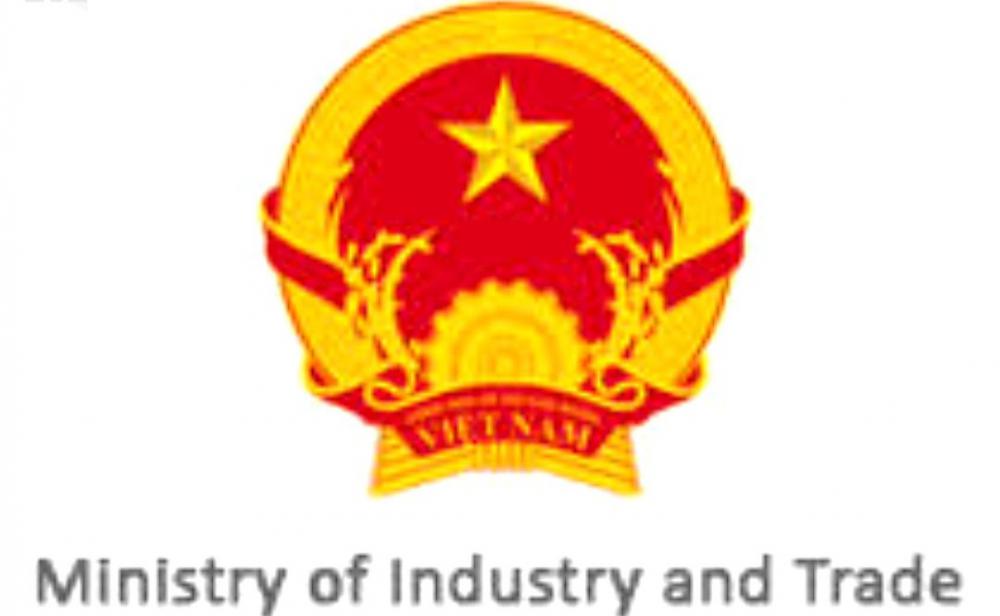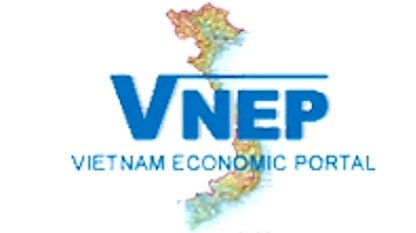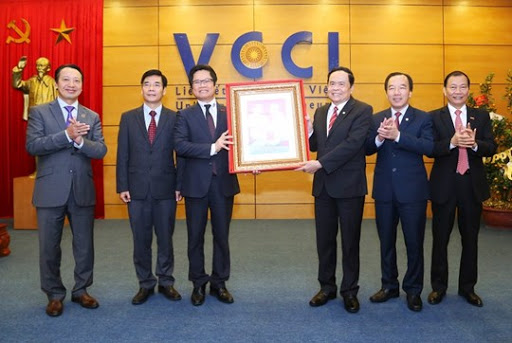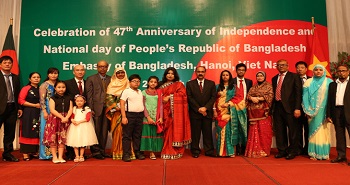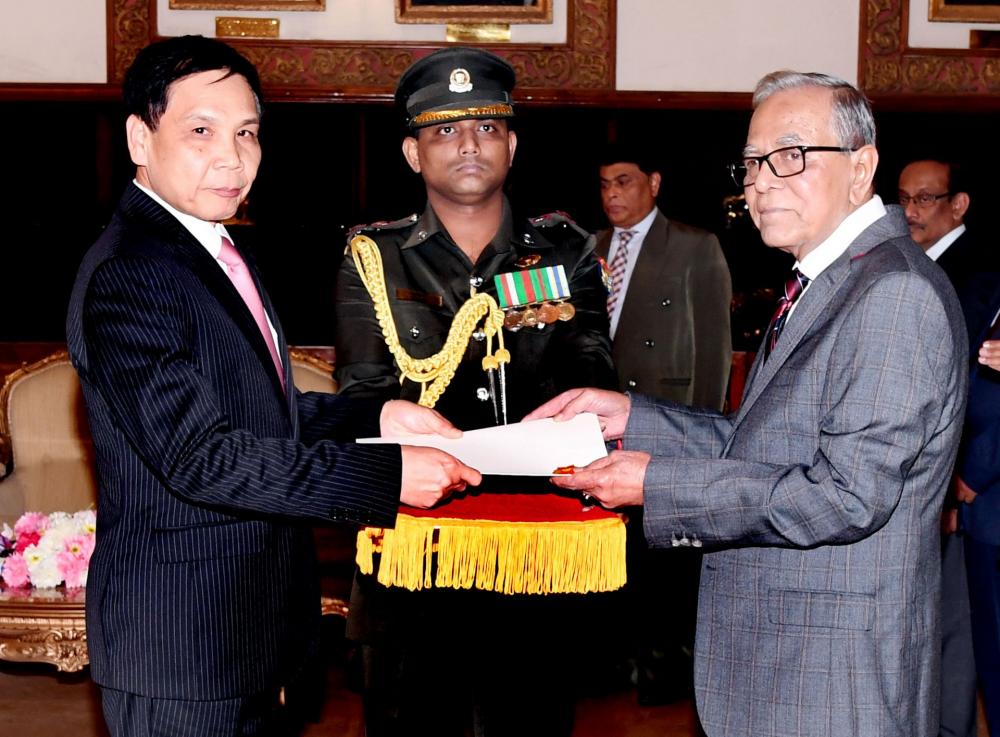-
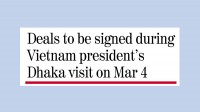
Bangladesh targets $1b trade ties with Vietnam
-

VIETNAM COFFEE EXPORTS UNDER THE TOP 2 OF THE WORLD
-
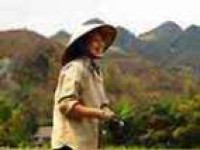
Rice Exports by Country
-
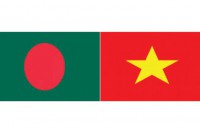
Relations between Bangladesh and Vietnam
-
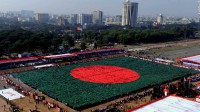
Bangladesh Economic Outlook 2019: A resilient economy in need of sound policy LIGHTCASTLE ANALYTICS WING
-
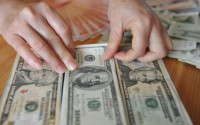
Bangladesh Economy Continues Robust Growth with Rising Exports and Remittances
-
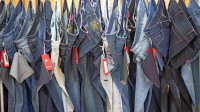
Vietnam beats us in RMG for last 5 months in 2019
-
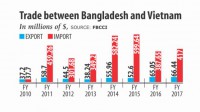
Bangladesh to seek more Vietnamese investment
Bangladesh to seek more Vietnamese investment
Bangladeshi businesses will seek more investment from Vietnam during the visit of the Southeast Asian country's President Tran Dai Quang, who arrived in Dhaka yesterday.
The bilateral trade volume is in favour of Vietnam, from where Bangladesh has been importing woven fabrics in bulk quantity since 2011 after the relaxation of the Rules of Origin by the EU for the least developed countries.
The European Union started giving the zero-duty benefit to the exporters of apparels, including the ones made of imported fabrics.
“We will ask for Vietnamese investment here so that the trade balance can be narrowed down at least to some extent,” said Shafiul Islam Mohiuddin, president of the FBCCI.
Still, Bangladesh will have to meet 65 percent of its demand for woven fabrics from imports because of a weak local backward linkage industry.
Thanks to spiralling Chinese investment, Vietnam has turned into a major hub for textile fabrics for Bangladesh, which is also dependent on Vietnamese rice. In 2016-17, Bangladesh imported goods worth $417 million and exported goods worth $66.44 million although the figures were almost the same in 2009-10, according to data from the Federation of Bangladesh Chambers of Commerce and Industry (FBCCI).
The growth of Bangladesh's export to Vietnam has always been very slow—from $37.2 million in 2009-10 to $66.44 million in 2016-17—compared to the imports.
In 2010-11, the import payment jumped to $459.26 million when Bangladesh started importing woven fabrics in bulk quantity from Vietnam to avail the EU's trade privilege.
“Vietnam is already a big investor in 12 countries. So, we can also bring foreign direct investment from Vietnam for sectors like ICT, telecom and agriculture,” Mohiuddin told The Daily Star.
He also said a joint business council will be formed and an agreement between the FBCCI and the Vietnam Chamber of Commerce and Industry will be signed to boost bilateral trade.
He highlighted the rise of Vietnam, which was struggling with poverty even in late 1980s.
Mohiuddin said the Southeast Asian country could become a major economy in Asia as it has created an investment-friendly environment.
In 1986, Vietnam launched a slogan called Đổi Mới to promote the country's transition to a market economy. The country's achievements were remarkable in the first 20 years.
Vietnam's economy grew at an average annual rate of 7.5 percent in the 1991-2000 period.
Vietnam became a member of the Association of Southeast Asian Nations (ASEAN) in 1995 and achieved the full membership of the World Trade Organisation in 2007, which helped the country's FDI reach an all-time high of $71.7 billion in 2008.
Vietnam has strategic partnerships with China, Japan, Russia, India, England, France, North Korea, Italy, Germany, Indonesia, Malaysia and Thailand.
Vietnam is a strong competitor in apparel trade for Bangladesh globally, especially to the US markets.
Vietnam's phenomenal export growth is realised if the US market is analysed.
In 1992, Vietnam's export to the US was zero and import was recorded at $4.6 million, according to the US Census. In 2017, Vietnam's export to the US jumped to $46.49 billion and import was $8.17 billion.
In 1992, Bangladesh exported goods worth $831 million to the US and imported goods worth $188.1 million. In 2017, Bangladesh's export to the US was $5.69 billion and imported goods worth $1.47 billion.
Vietnam is now in the third position when it comes to garment export to the US after China and India while Bangladesh is the sixth on the list.
In 2017, Vietnam sent textile and apparel worth $12.20 billion to the US, up 7.70 percent on 2016.
In 2017, Bangladesh exported textile and apparel items to the US market worth $5.28 billion, down 3.98 percent on 2016, according to the US office of textile and apparel.
Hospitality, agro processing, consumer goods and infrastructure could be some of the potential sectors for the Vietnamese investors, said Abul Kasem Khan, president of the Dhaka Chamber of Commerce and Industry.
- - Bangladesh targets $1b trade ties with Vietnam
- - Relations between Bangladesh and Vietnam
- - Bangladesh Economic Outlook 2019: A resilient economy in need of sound policy LIGHTCASTLE ANALYTICS WING
- - Bangladesh Economy Continues Robust Growth with Rising Exports and Remittances
- - Rice Exports by Country
- - Vietnam beats us in RMG for last 5 months in 2019
- - VIETNAM COFFEE EXPORTS UNDER THE TOP 2 OF THE WORLD
- - Agri-food and horticulture in Vietnam
Copyrights Thiet Ke Website by ungdungviet.vn

